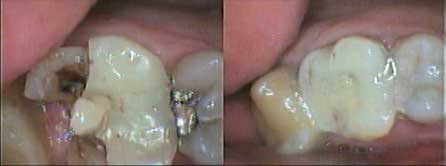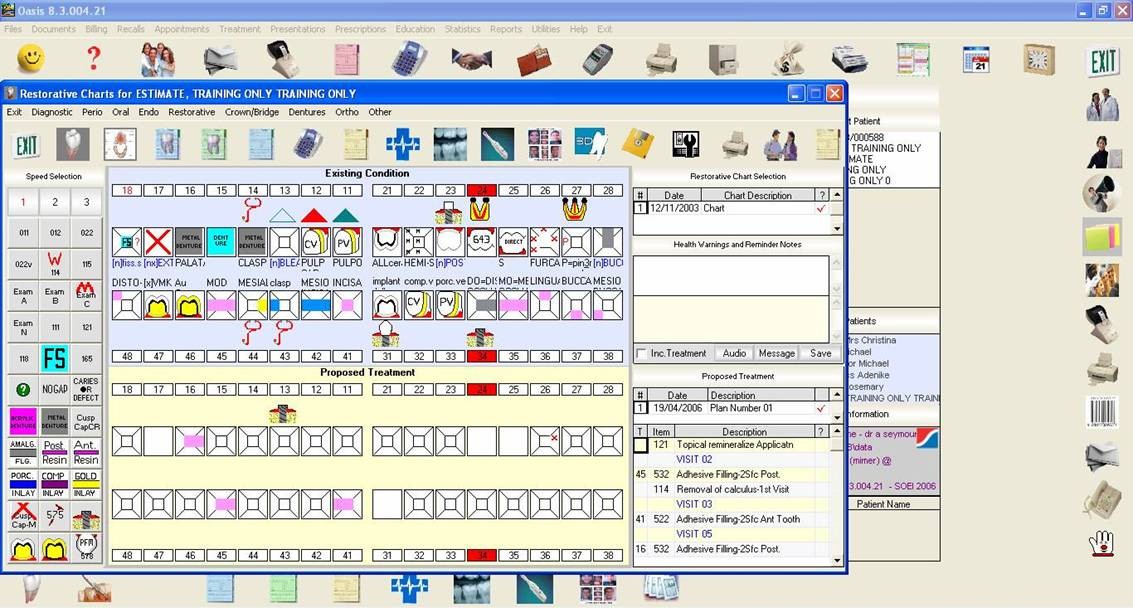Have a lot of work to be done? HOW WE CAN HELP!
Planning is key!
If you have been avoiding a dental visit because you know that you have an overwhelming amount of work to be done, it really isn’t as scary as it seems.
When you attend at the dental clinic, the dentist will break down all your dental needs and prepare a treatment plan for you. This organises the needed treatment into manageable phases.
Below is an overview of how a treatment plan is formulated:
- QUESTIONS, QUESTIONS, QUESTIONS
Before we can proceed with treatment the dentist will ask you a variety of questions regarding your overall health, medications you are taking, diet, habits, previous dental treatment and your oral hygiene regime. This allows us to assess what treatments will be most suited to your specific needs. Never treat a stranger! - INVESTIGATIONS
This includes examinations, radiographs, and any necessary testing that needs to be done on the teeth. This helps us to detect caries and infections inside and around the teeth. We will check the whole mouth, the cheeks, the gums, the bite, and the teeth. - PROBLEM LIST
We condense the issues into a distinct series of problems that need to be addressed. We need to find out why has your mouth got to this condition and solve eventually the underlying causes – diet, bite problems, medication, medical conditions, cleaning, maintenance, genetics, various dental conditions and so on. Our mission statement is:
We are dedicated to providing personal care to assist you in achieving excellent health outcomes for life!
- TREATMENT PLAN
Treatment options and cost will be discussed with you. This is your chance to ask questions and make sure you are comfortable and agree to the proposed plan. Once you agree, the treatment is usually broken down into stages based urgency.Sometimes we can only you give you a STAGED TREATMENT PLAN as we may not know the full extent of issues with your mouth until some treatment has been carried out. - CONTROL PHASE
This is the first treatment stage and involves the most urgent problems. This includes alleviating pain and controlling active infections. This may include urgent restorations, pulpal extirpations (removing the nerve in a tooth) and a good clean and fluoride application.Decay control measures that will allow time to slow the urgency of treatment so that treatment can be done in an orderly manner. This could mean placing temporary filling materials to slow decay and make the mouth free of food traps and sensitivities. This means financially the cost can be spread over time rather than lurching from one crisis to another crisis to another.
– Dr Esther


Next Instalment: Have a lot of work to be done? HOW WE CAN HELP! Part 2
Need an Appointment?
If you’d like to book an appointment with the dentist at Seymour Dental then call us in Dulwich Hill, Sydney on (02) 9564 2397 or
contact us
Next week
Team Miroma 2019 says Thank You